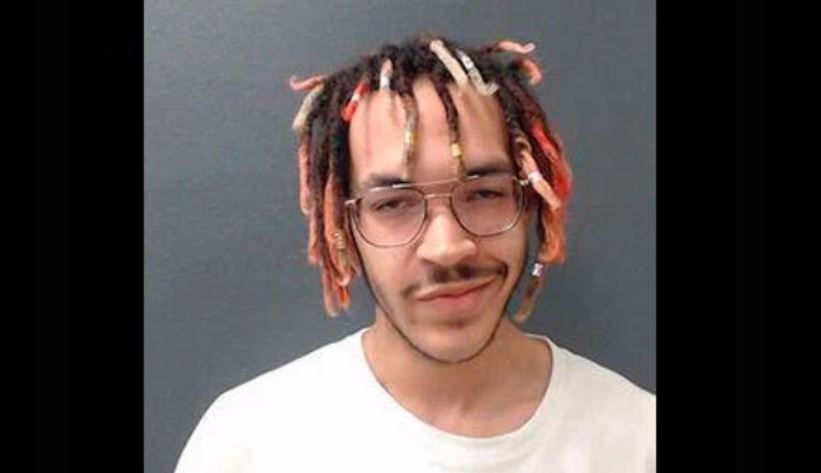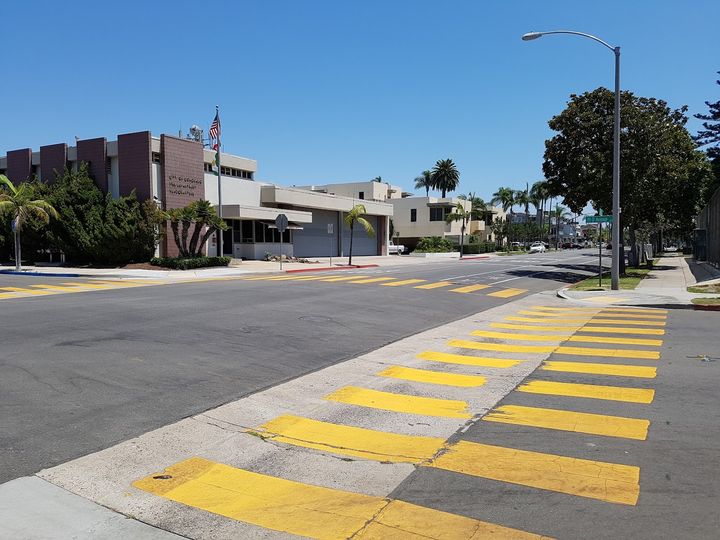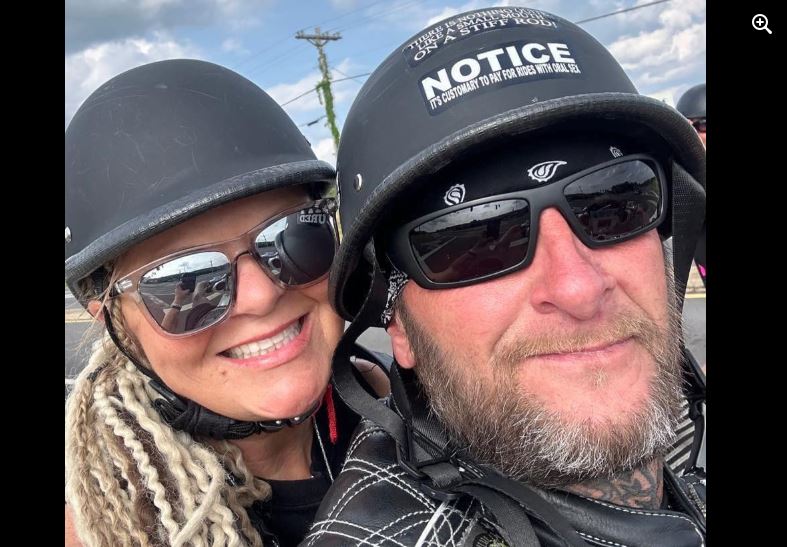New Braunfels, Texas – In a disturbing case highlighting the potential for violence in small communities, 20-year-old Cameron Darrick Peterson has pleaded guilty to charges relating to his attempt to obtain firearms with the apparent intention of staging a mass shooting. This admission marks the conclusion of an extensive investigation that began nearly two years ago, revealing a complex plan that authorities say was focused on unleashing serious harm within the local area. Peterson’s actions and their aftermath underscore the growing concerns around gun access, public safety, and the crucial role of vigilance among law enforcement agencies.
According to federal documents, Peterson’s scheme began to take shape as early as November 2022, with authorities noting a pattern of behavior and planning that evolved over several months. During the initial stages, his actions were largely confined to online forums and social media, where he shared his thoughts and aspirations about conducting a violent act. These posts, coupled with an increasing interest in firearms, raised the suspicions of several agencies, which began to quietly monitor his activity. By January 2024, the investigation had intensified as Peterson made his first overt attempt to acquire weapons.
In January 2024, Peterson attempted to purchase a 12-gauge shotgun but was unsuccessful, reportedly due to his age and federal firearm regulations that prohibit certain sales to individuals under 21. Undeterred, Peterson returned in May 2024, attempting this time to secure an assault-style shotgun, only to be denied again. His persistent efforts to acquire these weapons, despite the legal barriers, signaled to investigators that his plans were advancing beyond mere thoughts and into tangible actions. This progression in his intentions placed Peterson firmly in the crosshairs of federal and local agencies, which soon ramped up their surveillance efforts.
The pivotal moment in the investigation came in June 2024, when Peterson was arrested following a comprehensive surveillance operation. The details of the case reveal a chilling portrait of his intentions. During a search of his residence, federal agents discovered several alarming pieces of evidence, including materials that could be fashioned into improvised explosive devices. This discovery not only heightened the sense of danger but also solidified the growing belief that Peterson was preparing to carry out an act of mass violence.
Perhaps most troubling were Peterson’s social media posts, in which he openly discussed the idea of attacking a gas station, a statement that initially appeared to be a mere threat. However, further investigation revealed surveillance footage of Peterson at a local grocery store, where he seemed to be conducting reconnaissance for a potential attack. This methodical preparation, combined with his repeated attempts to purchase firearms and his accumulation of explosive materials, painted a distressing image of a young man on the brink of a violent outburst.
Peterson’s plea brings with it serious legal consequences. He now faces up to 10 years in prison and a potential fine of $250,000, penalties that reflect the gravity of his actions. Sentencing is set for February 2025, with legal analysts anticipating a judgment that will serve both as a punishment and a deterrent for similar actions. His case has drawn significant public interest, igniting debates around gun control laws and mental health issues, and reflecting an increasingly concerned society facing the realities of gun violence.
Law enforcement agencies credited with preventing a potentially tragic event include the FBI’s Joint Terrorism Task Force, the San Antonio Fire Department, the New Braunfels Police Department, and the Bureau of Alcohol, Tobacco, Firearms, and Explosives. The collaborative work of these agencies underscores the importance of interagency cooperation, particularly in cases involving potential threats to public safety. Special Agent in Charge Oliver L’Heureux, of the San Antonio Division of the FBI, praised the “swift and decisive action” of all involved agencies, acknowledging that their efforts had likely averted an attack that could have left lasting scars on the community.
The Peterson case is one of many incidents across the U.S. that highlight the need for effective gun control measures and mental health interventions. The ease with which young people can access violent ideologies online, combined with limited barriers to purchasing firearms, has fueled growing concerns about public safety. Legal experts and advocacy groups argue that cases like Peterson’s underscore the need for more rigorous background checks and the establishment of comprehensive mental health support systems aimed at intervention before individuals take harmful actions.
As the nation continues to grapple with rising incidents of gun violence, Peterson’s case stands as a reminder of the importance of vigilance and the critical need for preventive action within communities. The upcoming sentencing will serve as a milestone in the broader conversation surrounding gun control, mental health support, and public safety, areas that demand continued attention and proactive policy-making.
Cameron Peterson’s guilty plea and the events leading up to his arrest reflect a disturbing, albeit increasingly familiar, scenario in which early intervention and law enforcement vigilance prevented what could have been a tragic event. His case brings to the forefront vital issues related to the nation’s gun laws and the importance of mental health awareness. As sentencing looms, the New Braunfels community and the country at large will be watching, with many hoping this case serves as both a warning and a call to action.










Leave a Reply